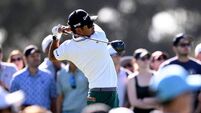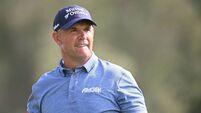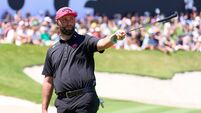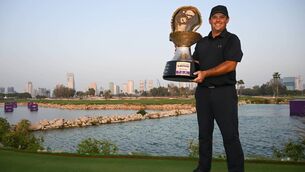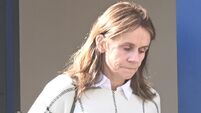When fate frowned on the Golden Bear
TOP-CLASS golfers rarely publicly state their goals before a campaign begins. The reasons are obvious. You're really setting yourself to be shot down. Jack Nicklaus never worried about such trivia and 1972 had hardly dawned when he announced his intention to do what everybody believed impossible. He pledged to win the four majors the US Masters and Open, the Open and the US PGA in the same year.
He won the Masters and his national Open and with Muirfield regarded as his favourite course on the Open rota, the third leg of the slam was looking a probability rather than a possibility. Nicklaus left nothing to chance, appreciating this might well be his last chance to make history. He turned up a week early at the Greywalls Hotel, the 22-room castle that runs immediately beyond the out-of-bounds wall to the left of the ninth fairway, while Scotland erupted into a frenzy over the most anticipated Open in many years.







